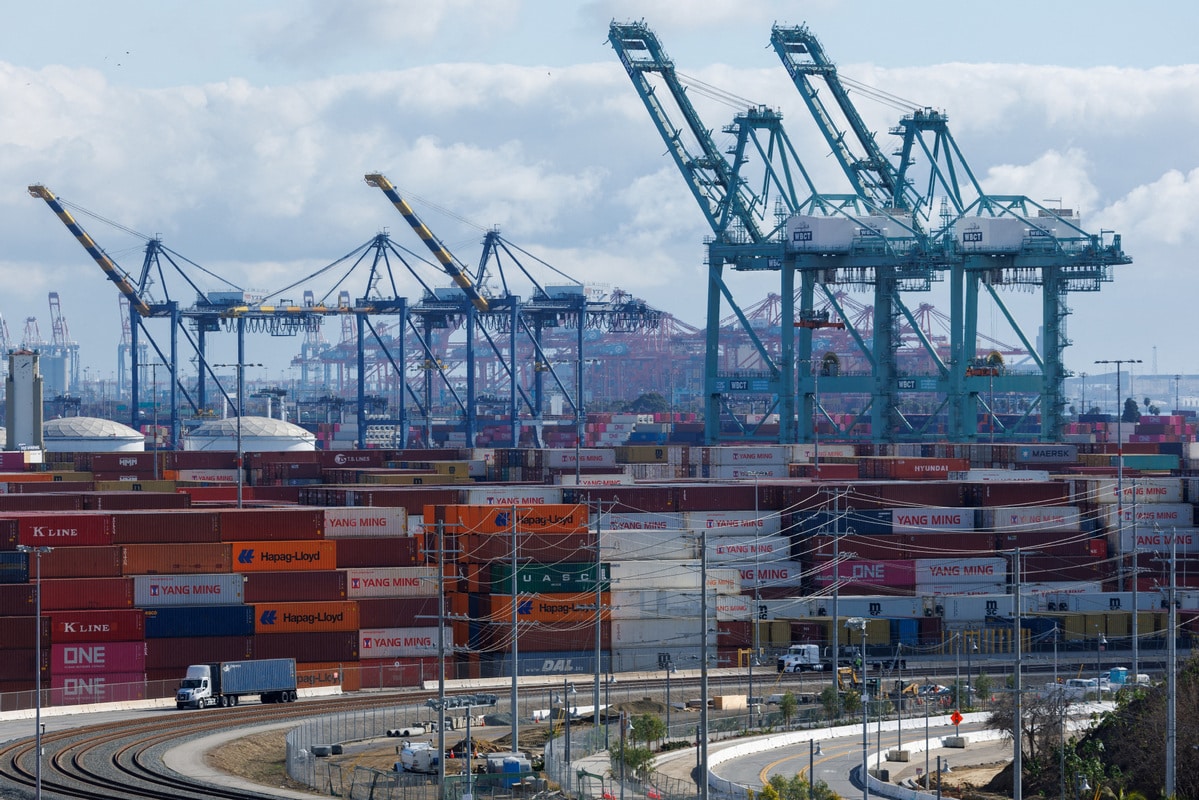Commodity vessels clog China ports as fee imposed on US ships

In a significant escalation of tensions between Beijing and Washington, China has implemented hefty fees on vessels with American ties, leading to unprecedented delays at its ports. As of October 19, waiting times for commodity ships have surged to an average of 2.66 days, marking a 17% increase from the previous week. This disruption is part of a broader trade conflict that has left the shipping industry scrambling to adapt.
Impact of New Maritime Fees
China’s recent imposition of additional fees on vessels linked to the United States has sent shockwaves through the shipping sector. The new regulations, which took effect last week, target any vessel with at least 25% American ownership, impacting operators regardless of their base location. This swift implementation has forced shipping companies to reassess their ownership structures and prepare necessary documentation to comply with the new rules.
The maritime industry is currently in turmoil as charterers and shipowners rush to finalize trades and secure compliant vessels. The cost of booking very large crude carriers on the key Middle-East-to-China route has skyrocketed to nearly $84,000, a staggering 48% increase from the day before the announcement. As the world’s largest commodity importer, China’s port congestion could have far-reaching implications for global supply chains, particularly affecting liquid cargoes like crude oil and bulk carriers such as iron ore.
Despite a last-minute exemption for most large bulk carriers, the overall situation remains tense. According to BRS Shipbrokers, the number of Capesize carriers waiting to discharge in China has risen from 55 at the end of September to 88 in early October. While some analysts note that port congestion is still within historical norms, the uncertainty surrounding ownership fees continues to weigh heavily on shipowners’ decisions.
White House Plans to Sanction 100 More Russian Dark Fleet Tankers
Geopolitical Tensions and Their Effects
The maritime friction between China and the United States is not limited to shipping fees. Washington has also imposed sanctions on Rizhao, a major oil-import terminal operator in eastern China, as part of ongoing efforts to disrupt crude oil shipments from Iran to China. This has further complicated the shipping landscape, with wait times at various oil hubs increasing as tanker owners strive to comply with the new directives.
At Dongjiakou, vessels experienced an average wait of 2.79 days last week, while ships at Yantai idled for 2.7 days, up from approximately 1.8 days the previous week. Freight analysts suggest that shipowners may choose to delay entry into ports until they have clarity on which vessels will incur fees. The ongoing geopolitical tensions and regulatory changes are creating a climate of uncertainty that is likely to persist in the shipping industry.
As the situation evolves, stakeholders in the maritime sector are closely monitoring developments, with the potential for further disruptions looming on the horizon.
